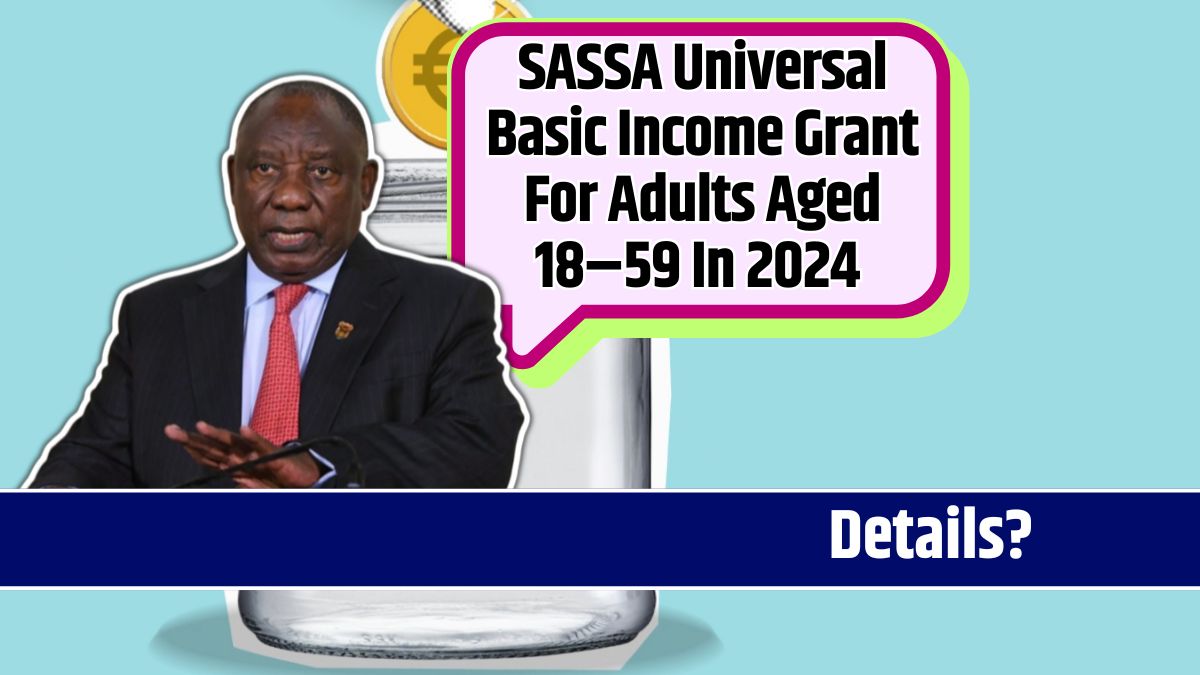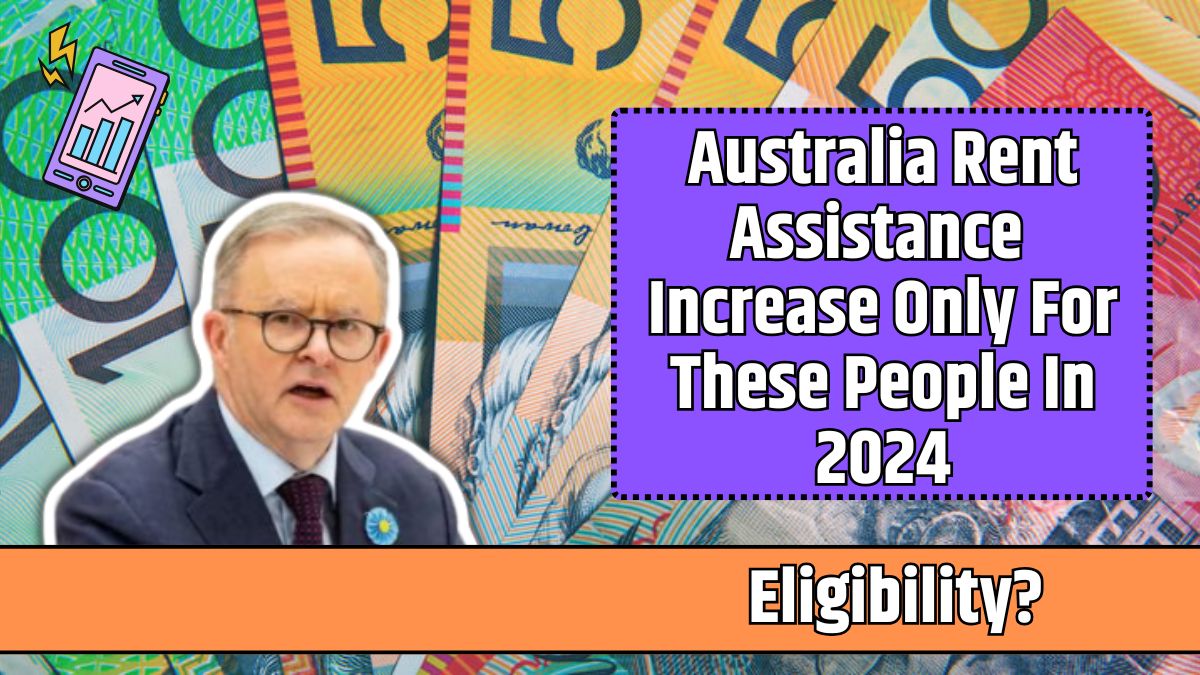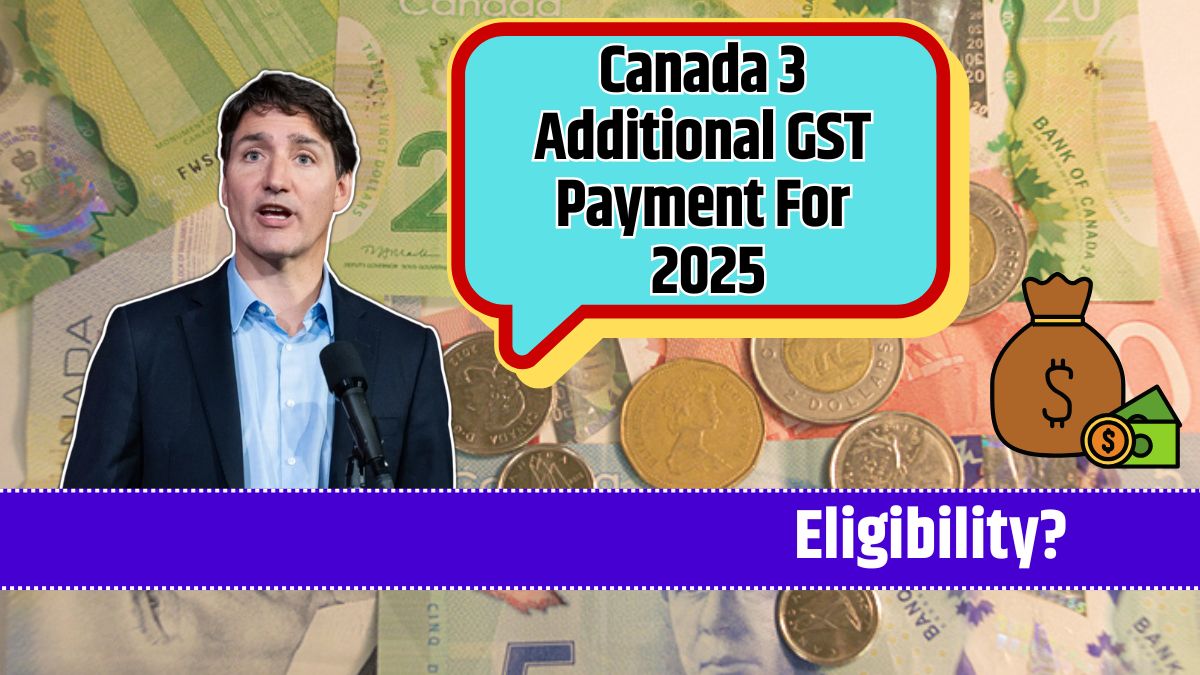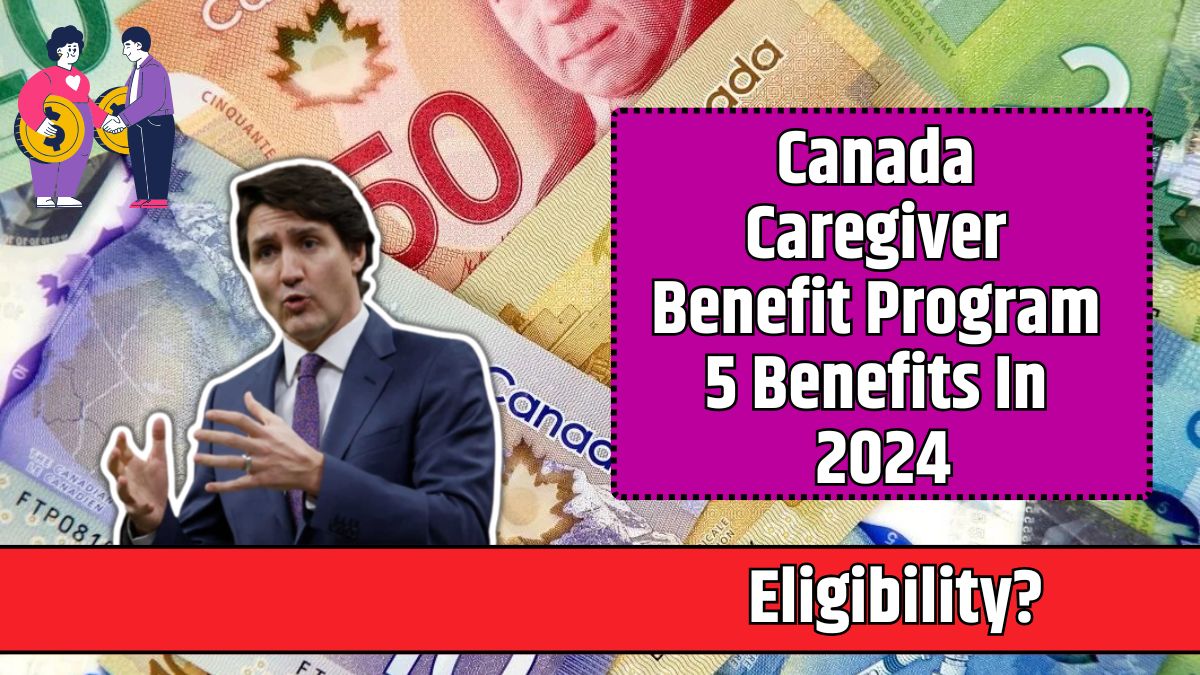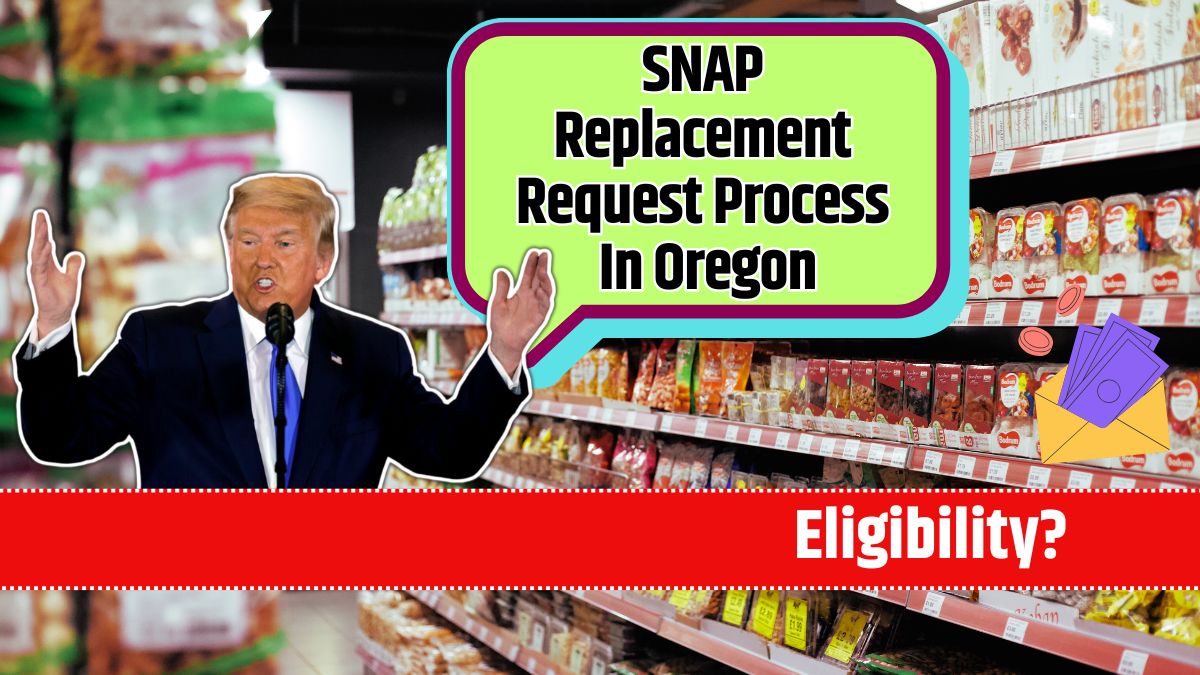South Africa’s proposal to implement a Universal Basic Income (UBI) grant represents a bold shift in addressing poverty and inequality.
If successfully enacted, the UBI would provide regular payments to adults aged 18 to 59, regardless of their employment status.
This policy builds on the success and challenges of the Social Relief of Distress (SRD) grant, aiming to create a more inclusive safety net for all South Africans.
Here’s a detailed look at the UBI proposal, its benefits, challenges, and implications for South Africa’s socio-economic landscape.
Read Also- $94 VA Cost of Living Increase After This Service Status In 2025: Know Payment Dates & Eligibility
What Is the Universal Basic Income (UBI)?
The Universal Basic Income (UBI) is a proposed government program that provides regular, unconditional financial support to all eligible adults. Unlike the current SRD grant, which is means-tested and limited to those below the food poverty line, the UBI would:
- Extend payments to all adults aged 18–59.
- Remove restrictive eligibility criteria such as income thresholds or employment status.
If implemented, South Africa would become the first country to introduce a nationwide UBI program, setting a precedent for other nations grappling with poverty and inequality.
Why Introduce UBI in South Africa?
1. Rising Inequality and Poverty
South Africa has one of the world’s highest inequality rates. Despite various social programs, millions remain below the poverty line. Expanding income support through UBI could address this disparity effectively.
2. Economic Stimulus
Direct cash payments to low-income households boost economic activity. According to the Institute for Economic Justice (IEJ), 93% of SRD grant recipients use the money primarily for food, underscoring its immediate economic impact.
3. Lessons from the SRD Grant
The SRD grant, introduced during COVID-19, highlighted both the potential and the limitations of cash-based assistance. While the grant supported millions, issues like inadequate coverage and inefficiencies in the application process revealed gaps that UBI seeks to address.
4. Political Momentum
The ANC’s commitment to UBI has positioned it as a central policy goal. Announced before the 2024 elections, this proposal reflects broader support across political lines for enhanced social assistance.
How UBI Would Work
Eligibility
- Target Group: All adults aged 18 to 59, regardless of employment or income status.
- Exclusions: Specific details on exclusions (if any) have yet to be confirmed.
Payment Mechanism
- Regular payments would be distributed via digital banking systems or traditional SASSA channels.
- Payments aim to exceed the current food poverty line (approximately R663 per month).
Funding
While the financial implications are significant, proponents argue that the economic boost from increased consumer spending could offset some costs. International case studies support this view, showing that UBI programs can stimulate economic growth and reduce long-term social spending.
Economic and Social Benefits
1. Poverty Alleviation
UBI ensures that all adults have access to a basic income, reducing extreme poverty and improving food security.
2. Economic Growth
By increasing disposable income among low-income households, UBI encourages spending, which stimulates local economies.
3. Simplified Social Assistance
Replacing multiple, means-tested grants with a single UBI reduces administrative complexity and ensures broader access.
4. Empowerment and Dignity
UBI provides financial autonomy, empowering recipients to make decisions that improve their quality of life.
Challenges and Criticisms
1. Cost of Implementation
Critics argue that UBI may strain South Africa’s fiscal resources. The program would require significant funding, potentially through increased taxation or reallocation of existing budgets.
2. Administrative Barriers
South Africa’s current social grant system struggles with inefficiencies. Expanding coverage to include all adults could exacerbate these challenges without major system overhauls.
3. Exclusion Risks
The reliance on digital application systems may inadvertently exclude those without reliable internet access or technological literacy, as seen with the SRD grant.
4. Political Opposition
While UBI has gained broad political support, debates over its funding and implementation may delay progress.
Lessons from International Case Studies
1. Kenya
In a large UBI trial by GiveDirectly, recipients reported better diets, increased savings, and investments in small businesses.
2. Spain
Spain’s anti-poverty payments during COVID-19 provided €1,015 monthly to over 850,000 households, reducing extreme poverty significantly.
3. United States
Stimulus checks under the CARES Act ($1,200 for eligible adults) supported millions during the pandemic, demonstrating the short-term efficacy of direct payments.
4. United Kingdom
Temporary increases in Universal Credit during COVID-19 reduced financial hardship. However, austerity measures post-pandemic reversed these gains
Implementation Timeline
If the ANC successfully forms a government and fulfills its commitment:
- 2024–2025: Policy planning and pilot programs.
- 2026: Full implementation of UBI across South Africa.
The proposed Universal Basic Income (UBI) grant represents a transformative policy for South Africa, addressing systemic poverty and inequality. While challenges remain, the potential economic and social benefits make UBI a promising solution.
Staying informed and engaged in public discussions will be critical as South Africa navigates this ambitious transition.

